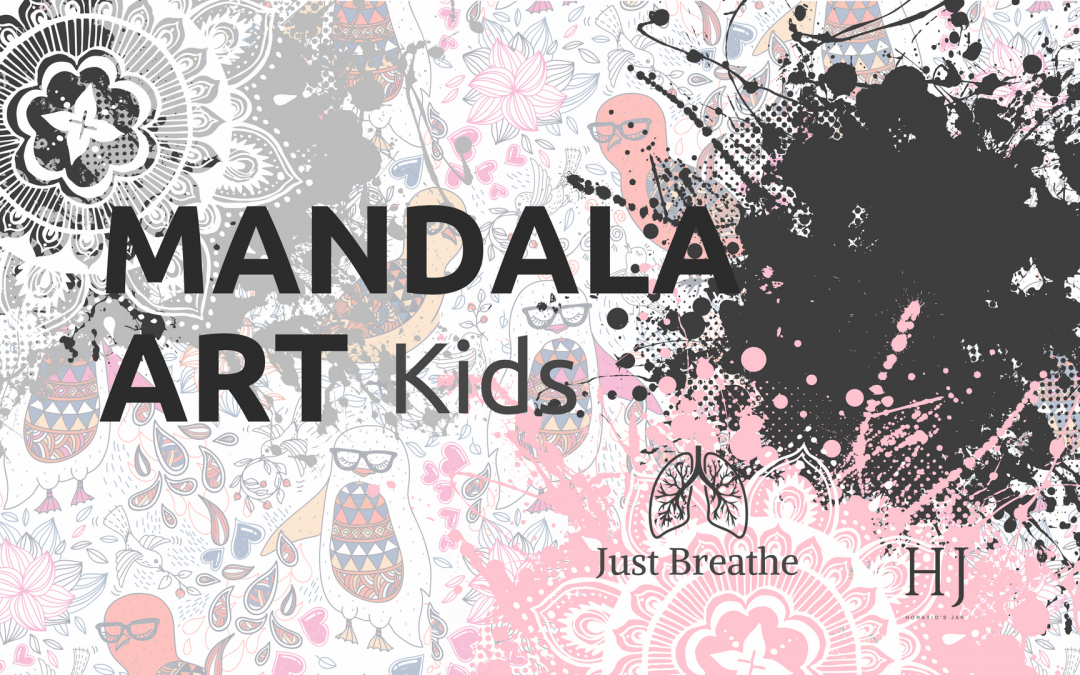Mandala
When we were kids the creation of the perfect colouring could become something of an obsession; each time we began a new page we would always try to improve on the previous artwork, making sure to stay between the lines, pick the right colours and apply the right pressure. Hours and hours would be spent mind warped in total focus and adoration of the image that was appearing under our careful guidance.
As mindfulness colouring books for relaxation and meditation flood supermarket and bookstore shelves to accommodate the growing need for big people to find peace of mind; it appears the childhood obsession of staying between the lines isn’t so childish at all…

Mandala is Meditation
Just like meditation, colouring also allows us to switch off our brains from other thoughts and focus only on the moment, helping to alleviate free-floating anxiety. The art of mandala making or even colouring in a mandala has been proven to reduce anxiety and stress, help focus the mind, improve our relationships and help us to feel more at home in the world. The repetitious patterns and lines of the mandala are why it is so effective in making us feel calm and focused, other types of doodling and colouring apparently don’t have the same effect as a mandala does in reducing stress and improving cognition.

An Ancient Tradition
Traditional mandala always begin as a circle and from there patterns and shapes evolve around the circle to create a design. The traditional use of mandala is to gather wisdom and healing, mandala’s also help to develop concentration, self appreciation and inner happiness. Today you can explore your own interpretation of mandala by either making your own or using a template like the one attached here.
Guest Contributor: Emily Rack
Business Name: Horatio’s Jar
Publisher: Digital Schools
Emily Rack is a yoga teacher, meditation instructor and freelance writer. She runs yoga and meditation classes, courses and workshops in schools and the wider community & is passionate about teaching the art of mindfulness
——-
PUBLISHER’S DISCLAIMER: The publisher of this blog post (Digital Schools PTY LTD) works in partnership with the school as a 3rd party provider to help build and maintain the school website. Digital Schools sources a range of experts who provide products and/or services to educational institutions and we work with them to produce and publish topical information in the form of blog posts that we think may be relevant, interesting or topical to families within the community. The views, opinions and content listed in this blog post are that of the guest contributor and/or publisher (Digital Schools). It should be noted that whilst the publisher and guest contributors are acting with the best intentions and in the best interests of the school and their community to provide helpful or interesting information, sometimes the content may not necessarily reflect the views of the school.
The information in this blog post is not meant to be used, nor should it be used, to diagnose or treat any medical condition. For diagnosis or treatment of any medical problem, consult your own physician. The school and the publisher of this blog post are not responsible for any person reading or following the information in this article who may experience adverse effects.
Any references to external websites or sources are provided for informational purposes only and do not constitute endorsement by the school or publisher in any way and the publisher and/or school cannot guarantee accuracy of information listed.
If you have feedback on any content on this platform, you can submit it to the publisher using the feedback link provided at the bottom of this page.



